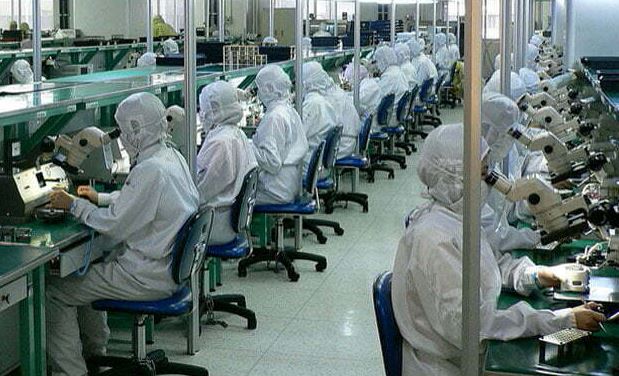In a significant setback for tech giant Apple, Indonesia has announced a ban on the sales of the iPhone 16 due to the company’s failure to comply with the country’s local content regulations. The Indonesian government requires that smartphones sold within its borders must contain at least 40% locally manufactured parts, a criterion the iPhone 16 does not meet.
The decision to block sales was made public by Indonesia’s Industry Ministry, which stated that Apple’s local subsidiary, PT Apple Indonesia, has not fulfilled the necessary investment commitments to earn a local content certification. This certification is pivotal under Indonesia’s policy aimed at boosting domestic manufacturing and reducing reliance on imports for electronic components.
Despite this block on sales, individuals can still import the iPhone 16 for personal use by paying the requisite taxes. However, this does not satisfy Apple’s commercial interests in what has been a growing market for tech products.
Apple, which launched the iPhone 16 series in September 2024, has been actively engaging with Indonesia, evidenced by its investments such as setting up app developer academies. However, these efforts have not extended to meeting the local manufacturing requirements that other smartphone giants like OPPO and Samsung have managed to fulfill.
This regulatory hurdle comes at a time when Indonesia is pushing for more local production across various industries, aiming to enhance its technological self-sufficiency and reduce trade deficits. The move could pressure Apple to reconsider its supply chain strategies or face prolonged market exclusion in one of Southeast Asia’s largest economies.
The situation reflects broader trends where governments are increasingly leveraging local content policies to foster national industries, challenging multinational corporations like Apple to adapt or face market access restrictions.
Key Points
Sales Block: Indonesia has blocked the official sales of Apple’s iPhone 16 due to the device not meeting the country’s regulation requiring 40% local content in smartphones.
Regulatory Requirement: The regulation is part of Indonesia’s broader policy to encourage local manufacturing and reduce reliance on imports, aiming for economic self-sufficiency in technology sectors.
Personal Import Allowed: While commercial sales are blocked, individuals can still import the iPhone 16 for personal use by paying the necessary import taxes.
Apple’s Compliance: Apple, lacking manufacturing facilities in Indonesia, has not fulfilled the local content requirement. This contrasts with competitors like OPPO and Samsung, who have managed to meet these criteria.
Market Impact: This decision impacts Apple’s market strategy in Indonesia, one of Southeast Asia’s largest economies, potentially affecting Apple’s growth in the region where there’s significant demand for smartphones.
Investment in Indonesia: Despite not meeting the local content requirement, Apple has made other investments in Indonesia, such as setting up developer academies, indicating its interest in the market but not extending to the required manufacturing commitments.
Global vs. Local Strategy: This situation highlights the tension between Apple’s global supply chain strategy and local market demands for domestic production, illustrating a broader trend where countries are pushing for more localized production to bolster their own industries.
Future Implications: This could pressure Apple to reconsider its supply chain or face exclusion from key markets, influencing how global tech companies adapt to regional economic policies.



